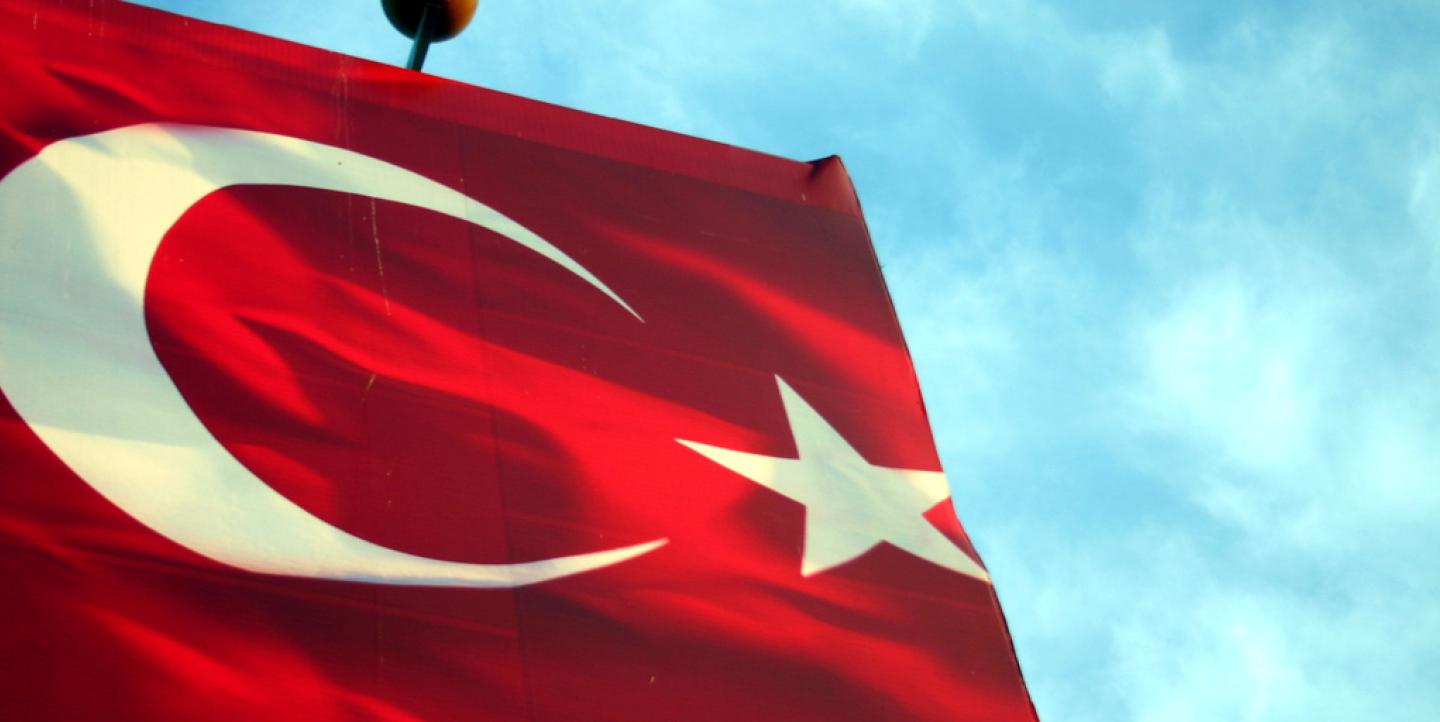In 2015, The Turkish government has made more Twitter censorship requests than all other nations combined, showing that even social media isn’t immune from the media crackdown in recent years.
But this hasn’t stopped independent newsgathering organizations like 140journos from using social platforms to tell the news.
“Social media is the place in which we live, perform and create,” Engin Önder, managing partner at 140journos, told IJNet. “It helps us discover issues that otherwise wouldn't be considered newsworthy, in addition to the controversial issues that need to be closely and seriously reported. Social media is like a zero-gravity zone, as many rules that exist in traditional approaches don't work there.”
In Turkey, simply insulting the president is a crime punishable by up to four years in prison. On Sept. 1, authorities raided the offices of Koza-Ipek Holding, which owns five media companies that have been critical of Turkish President Recep Tayyip Erdoğan. In August, authorities charged 18 journalists from nine media outlets with acts of terrorism for publishing a photo of a masked militant from the Revolutionary People's Salvation Party/Front.
"Journalists faced unprecedented legal obstacles as the courts restricted reporting on corruption and national security issues [in 2014]," a Freedom House report on Turkish press freedom said. "The authorities also continued to aggressively use the penal code, criminal defamation laws and the antiterrorism law to crack down on journalists and media outlets."
Önder, who considers himself a “citizen acting journalistically,” has been able to subvert this government control by co-founding 140journos three years ago. By relaying information and news via social media, the 300 or so reporters at 140journos can provide accurate, unbiased journalism to the Turkish people.
Although 140journos hasn’t faced formal prosecution, the organization has been affected by frequent social media bans, Önder explained. The staff at 140journos has had its content taken down by a court order twice.
At traditional news outlets, self-censorship is more frequent than outright government censorship, Onder said. Because these outlets are often owned by corporations with vested interests in getting government funding, journalists are limited in what they can and cannot say.
“From an outsider’s view on traditional journalism, I can tell you self-censorship is more common than the government taking the content down directly,” Önder said. “Corporations own construction and energy initiatives in addition to media companies, and they have to get along well with the government to keep getting funding.”
As a result, Önder said he believes independent journalists who want to provide objective, unbiased news will have no choice but to use social media to make their message heard.
“In a country where the press is doomed to self-censor or be censored due to its tangled relationship with the state, we need a blank page to build how we communicate about what's happening from scratch,” he said. “That's what 140journos has been building for three years: a movement to create your own content and share with your own means without any profit-greedy intermediary."
Main image CC-licensed by svenwerk.

